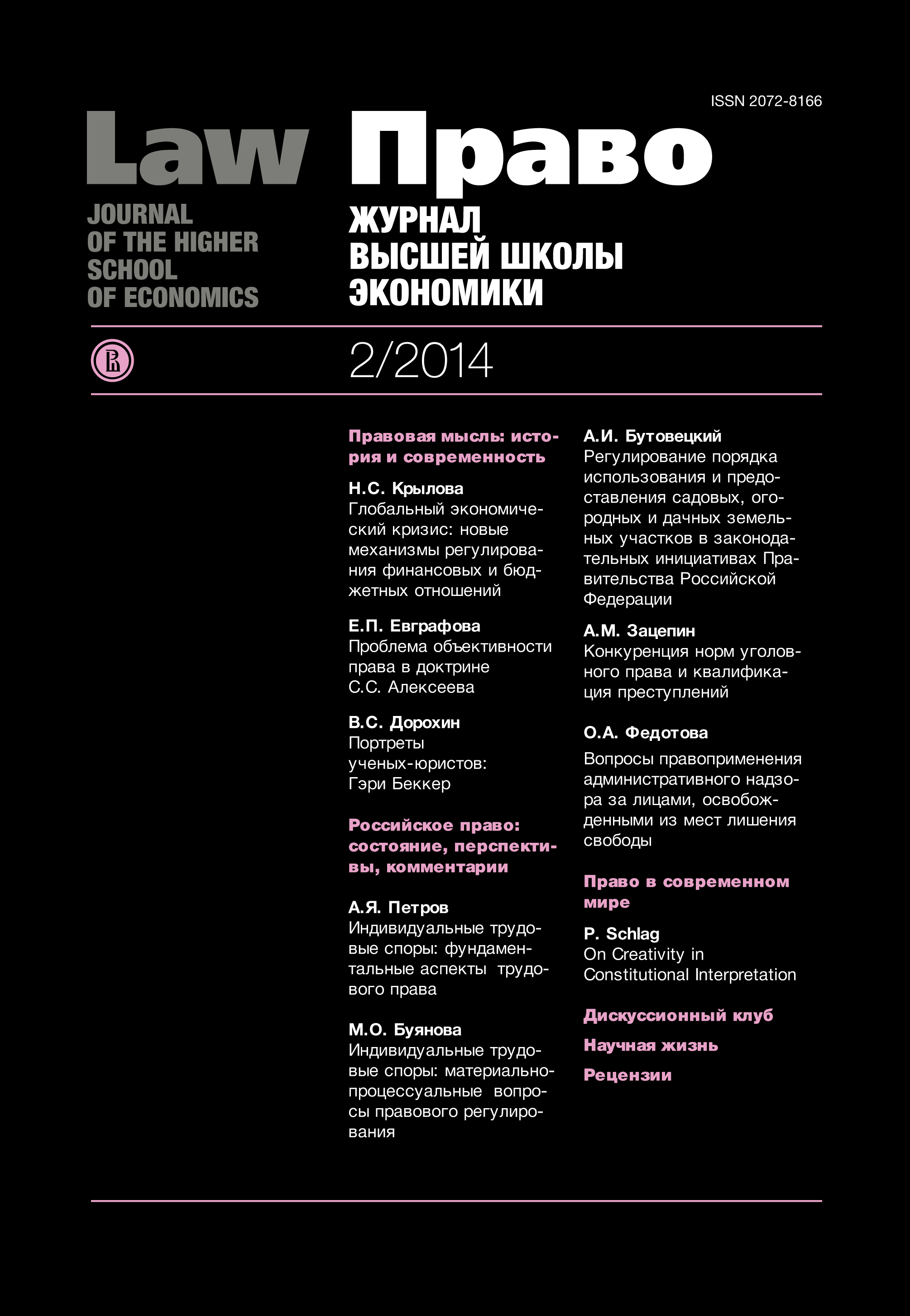Intoxication and Criminal liability in International Criminal law
Keywords:
international crime, criminal responsibility, intoxication, Rome Statute, diminished responsibility, the International Criminal Court, incapacity
Abstract
Zgaga Sabina - Assistant Professor, Faculty of Criminal Justice and Security, University of Maribor, PhD (Law). Address: 8 Kotnikova, Ljubljana, 1000, Slovenia. E-mail: sabina.zgaga@fvv.uni-mb.si.The principle of actio libera in causa or the effect of a perpetrator’s voluntary intoxication on the existence of a criminal act is controversial in international criminal law. The present legislation, as contained in the Rome Statute, is a compromise between different legal systems. It allows the exclusion of a criminal act based on the fact that the perpetrator was involuntarily intoxicated and he or she cannot be ascribed guilt for the act of intoxication and the criminal act. In the Rome Statute the actio libera in causa principle has three elements, composed similarly of the insanity defence due to biological (intoxication), or psychological (the inability to control actions or understand their consequences), and the third negative condition (nonexistence of guilt
for the criminal act).
The Rome Statute does not deal with diminished mental capacity due to intoxication and also does not contain stipulations regarding the conditions of a generally diminished mental capacity. I propose that the International Criminal Court finds support in the above-mentioned three elements of the principle of actio libera in causa by acknowledging that a perpetrator’s capacity to understand or control his or her actions is partially diminished, not totally absent.
Published
2014-02-15
How to Cite
ZgagaS. (2014). Intoxication and Criminal liability in International Criminal law. Law Journal of the Higher School of Economics, (2), 149-161. Retrieved from https://law-journal.hse.ru/article/view/20782
Issue
Section
Law in the Modern World

